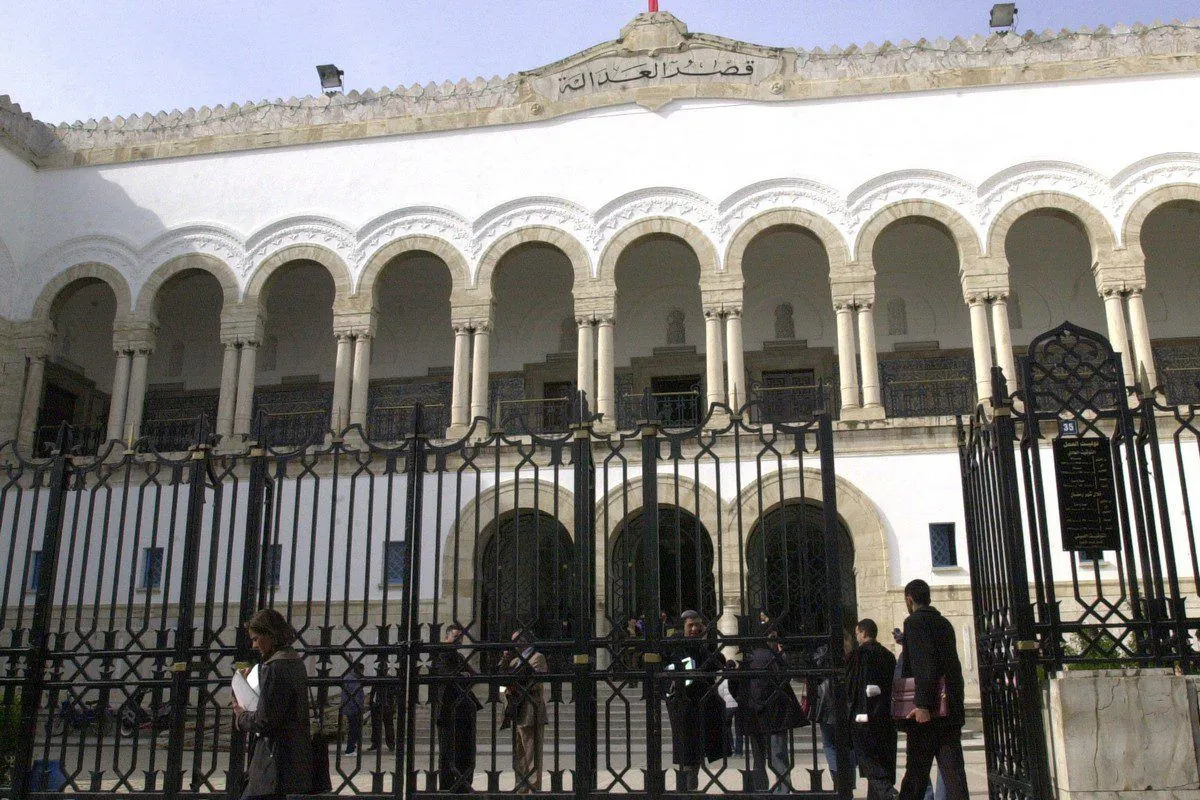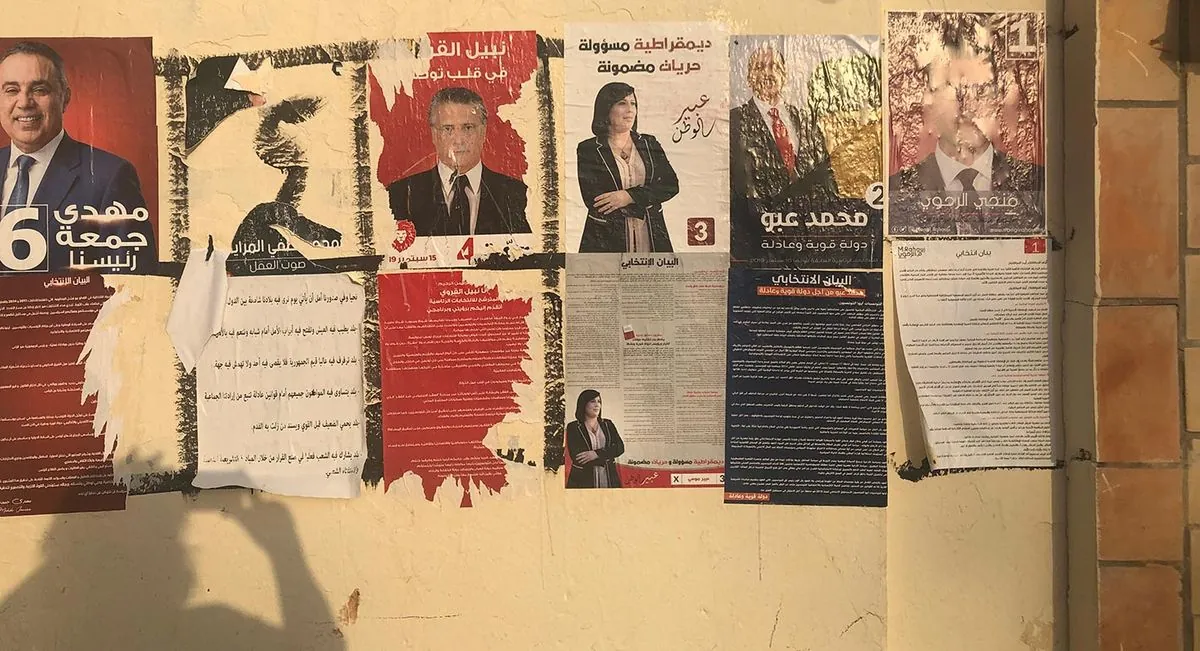Tunisian Court Reinstates Two Presidential Candidates in Crucial Ruling
Tunisia's Administrative Court has upheld appeals by two prominent candidates, allowing them to rejoin the presidential race. The final decision impacts the lineup for the upcoming October election.

In a significant development for Tunisia's upcoming presidential election, the country's Administrative Court has made two crucial rulings that have altered the landscape of the race. The court's decisions have reinstated two prominent candidates who were previously excluded from participating in the electoral process.
On August 29, 2024, the Tunisian Administrative Court upheld an appeal by Mondher Zenaidi, a notable political figure, permitting him to re-enter the presidential race. This ruling came just two days after a similar decision was made in favor of Abdellatif Mekki, another candidate whose candidacy had been initially rejected by the electoral commission.
The court's verdict on Zenaidi's case is particularly noteworthy as it has been declared final and irrevocable. Faycel Bouguera, a judicial official, confirmed that this decision cannot be subject to further appeals, solidifying Zenaidi's position in the upcoming election scheduled for October 6, 2024.

These rulings have significant implications for Tunisia's political landscape. As the only democracy in the Arab world, Tunisia has been navigating a complex political terrain since the 2011 revolution that ousted long-time president Zine El Abidine Ben Ali. This event, which sparked the Arab Spring, marked a turning point in the country's history and set it on a path towards democratic governance.
Tunisia's journey towards democracy has been marked by both progress and challenges. The country, with a population of approximately 12 million, has been grappling with economic difficulties and security concerns in recent years. These issues have added weight to the importance of the upcoming presidential election.
The reinstatement of Zenaidi and Mekki as candidates underscores the role of Tunisia's judiciary in upholding democratic principles. It also highlights the complexities of the electoral process in a young democracy, where the balance between administrative decisions and judicial oversight is still being fine-tuned.
As Tunisia prepares for this crucial election, the country's diverse landscape - from its Mediterranean coastline to the Sahara Desert and Atlas Mountains - serves as a backdrop to a nation at a crossroads. The outcome of this election will be pivotal in shaping Tunisia's future trajectory, both domestically and in its relations with the international community.
The upcoming presidential race is set against the backdrop of Tunisia's rich history, which dates back to ancient Carthage and includes rule by various civilizations including Romans, Vandals, Byzantines, Arabs, Ottomans, and French. This historical context adds depth to the current political developments, as the country continues to forge its path in the modern world.
As the election date approaches, all eyes will be on Tunisia, watching how this young democracy navigates the challenges and opportunities that lie ahead. The reinstatement of these candidates serves as a testament to the country's commitment to democratic processes and the rule of law.


































